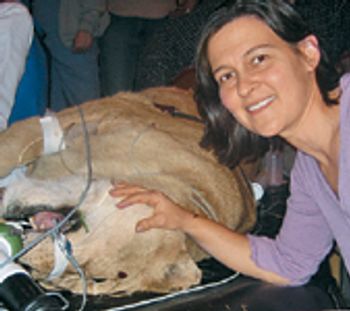
Communication strategies and tips for breaking difficult news to clients.

Communication strategies and tips for breaking difficult news to clients.

Organizers hope conference will encourage translational medical programs
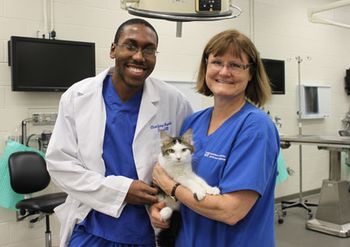
Dr. Julie Levy says one to 10 cats of every 10,000 develop cancer at vaccine injection site; new protocol is well--tolerated and effective.
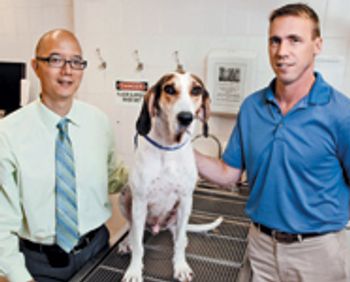
University of Illinois veterinarian, chemist work to develop cancer drug that can help both animals and humans.

Profits from the iTunes release will help families pay for pets' cancer treatments.

Cornell treats 730-pound Hampshire pig for lymphoma-a first in large animal veterinary treatment.

This team of experts stepped in to help extend the dog's life with targeted treatment. What can you learn from their approach to help your patients?

Dr. Timothy Fan discusses whether this should be a consideration before performing routine spays and castrations.

In the hard-copy version of the article, photographs of collies were included for artistic reasons by the editors.

A look at the clinical challenges in the diagnosis and treatment of feline mast cell disease and an overview of current treatment options.
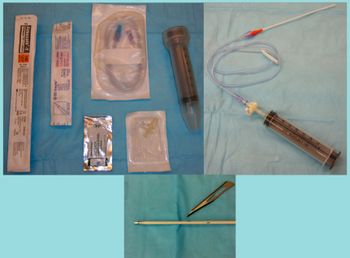
In well-selected cases, these localized chemotherapies have shown promise.

State roundup: A look at the world of veterinary health.

Expert advice on surgical excision.

A new study sheds light on risk factors for the development of these tumors.

Innovative technique relieves dogs' discomfort, offers second chance to participate in study.

See how these veterinary specialists and residents used various therapies to produce a good outcome in this case.
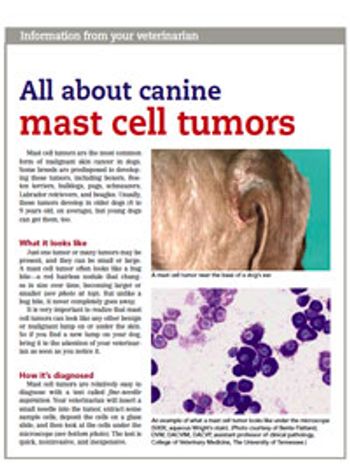
Pass out this resource to clients with affected dogs.

Dr. Timothy Fan answers this reader query about controlling cancer pain.
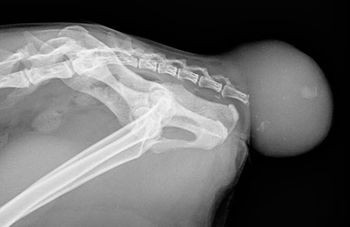
Can you discover the cause?
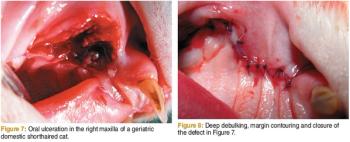
Tips for catching this invasive neoplasia as early as possible.

Follow this step-by-step guide to prepare a high-quality slide, increasing the value of its interpretation.

College Station, Texas - A study shows that a new immunotherapy for dogs diagnosed with advanced-stage non-Hodgkins lymphoma (NHL) could improve their survival time and quality of life.

A recent study investigated this option for treating this common urinary tract malignancy.

Make rounds with these veterinary specialists and residents for a complete picture of this neoplasia in dogs.

Advanced medicine gives pets a chance in the fight against pet cancer, but it's important to protect yourself and your employees when dealing with these dangerous drugs.